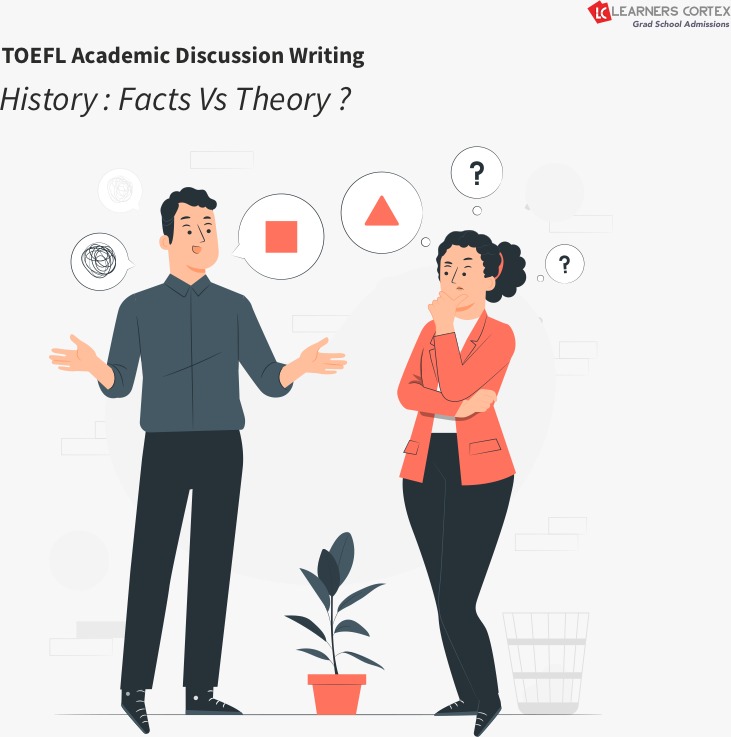- Call: +91-9566252166
- Mail: hands@learnerscortex.com

Internships and work experience are crucial for university students, serving as a bridge between academic knowledge and practical application. These opportunities significantly enhance both professional and personal growth, offering benefits that extend well beyond the classroom.
Internships allow students to apply classroom theories to practical scenarios, solidifying their understanding and making learning more relevant. For example, an engineering student working at a tech company can see firsthand how theoretical concepts like project management and software design are implemented in a real-world setting. This hands-on experience deepens their understanding of the subject matter, reinforcing their academic learning.
Technical Skills:Direct application of academic knowledge in a professional setting.
Soft Skills: Communication, teamwork, problem-solving, and time management.
Industry-Specific Skills: Familiarity with industry tools, software, and best practices.
For instance, an internship at a marketing firm can teach students about digital marketing tools, client management, and market research techniques, equipping them with skills directly applicable to their future careers.
Internships offer a glimpse into specific industries or roles, helping students determine if they align with their career aspirations. This exposure is invaluable for making informed career choices. A student may discover a passion for a particular field or, conversely, realize that a certain career path is not the right fit, guiding their future academic and career decisions.
Internships provide significant networking opportunities, connecting students with industry professionals, mentors, and peers. These connections can lead to job offers, references, and ongoing career guidance. Early networking can give students a competitive edge in their professional development.
Employers highly value candidates with practical experience. Internships and work experience demonstrate a proactive approach to career development and a willingness to learn beyond the classroom. This practical experience shows that candidates have the skills and experience necessary to contribute effectively from day one, giving them an advantage in the job market.
Internships expose students to real-world challenges and problem-solving scenarios, crucial for developing critical thinking and adaptability. Working on projects, meeting deadlines, and collaborating with teams under real-world constraints prepares students for professional life, making them more resourceful and resilient.
Many internships offer stipends or salaries, providing financial relief and helping students manage their education expenses. Even unpaid internships offer indirect financial benefits by enhancing employability, potentially leading to higher-paying job opportunities post-graduation. Additionally, some companies offer tuition reimbursement or financial incentives for interns who transition to full-time employees.
Internships allow students to create tangible work outputs for a professional portfolio. This portfolio can be a powerful tool during job interviews, showcasing their abilities and achievements. For example, a graphic design student can present a portfolio of projects completed during internships to demonstrate their creativity and technical skills to potential employers.
In a competitive job market, relevant work experience can set a candidate apart. Internships provide unique opportunities to gain industry insights, understand market trends, and learn from seasoned professionals. This knowledge and experience give students a significant advantage when entering the job market.
Many universities favour students with internship experience during admissions, as it demonstrates practical application of academic knowledge and a proactive approach to career development. This experience serves as a testament to a student's profile, showcasing their ability to handle real-world challenges. Students are encouraged to choose programs and internships that align with their area of interest to maximize their professional growth and ensure their experiences are relevant to their career goals. By prioritizing these opportunities, students can enhance their university education and better prepare for their future careers.

In the independent section of TOEFL writing, you are required to analyse, explain, and support your opinion on a given issue. The queestion would be based on ...
Detail